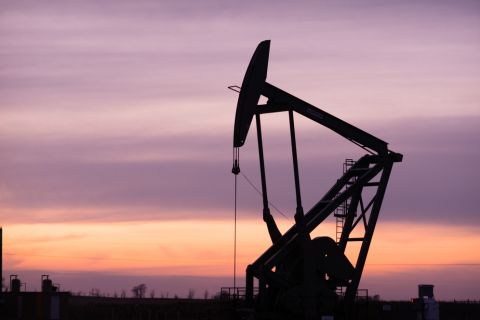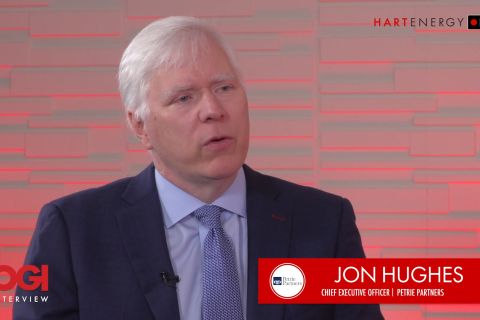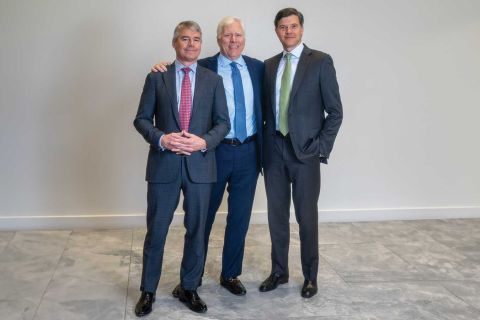The Colorado Oil & Gas Conservation Commission (COGCC) on Sept. 28 unanimously voted in favor of a preliminary approval establishing new 2,000-ft setback rules for drilling and fracking operations statewide.
The new series of rules within Senate Bill 19-181 (SB 181) increases the distance from the current 500 ft that wellpad surfaces must be located from buildings.
Steve Diederichs, vice president of RS Energy Group, noted the most impactful of the rulemaking involves extending setbacks, set to affect operators PDC Energy Inc., Extraction Oil & Gas Inc. and Occidental Petroleum Corp.
“Our recent analysis concludes that 89%, 73% and 71% of PDC Energy’s, Extraction Oil & Gas’ and Occidental Petroleum’s respective total gross surface acres will be non-viable for placing wellpads under the new rules,” Diederichs wrote in a research note on Sept. 28.
Additional setbacks from waterways are expected to be discussed next month, Diederichs added. A final vote on the rulemaking matters is scheduled for early November.
The new rules within SB-181 will go in effect Jan. 1, 2021.
Diederichs also noted that on Sept. 28 the COGCC clarified that the rule changes will be promulgated and applied to pending permits. The rules will not apply to existing facilities or approved permits, “a point the commission stated has made clear to stakeholders throughout the recent rulemaking process,” he wrote.
Earlier in September, Dan Haley, president and CEO of industry group Colorado Oil & Gas Association (COGA), responded to COGCC’s proposed 2,000-ft setback calling the recommendation “completely arbitrary, not based on science.” He added the rulemaking was being made without considering its impact on employment and Colorado’s economy.
“Non-partisan COGCC staff, which has decades of experience protecting public health and safety in Colorado, put forward recommendations based on their years of working with stakeholders,” Haley said in a statement on Sept. 10. “Those recommendations were dismissed by commissioners who promised to be guided by science and data, but instead today turned to arbitrary and unjustified setbacks distances that provide no additional protection and will stifle Colorado’s economic recovery.”
Recommended Reading
Matador Stock Offering to Pay for New Permian A&D—Analyst
2024-03-26 - Matador Resources is offering more than 5 million shares of stock for proceeds of $347 million to pay for newly disclosed transactions in Texas and New Mexico.
Hess Corp. Boosts Bakken Output, Drilling Ahead of Chevron Merger
2024-01-31 - Hess Corp. increased its drilling activity and output from the Bakken play of North Dakota during the fourth quarter, the E&P reported in its latest earnings.
The OGInterview: Petrie Partners a Big Deal Among Investment Banks
2024-02-01 - In this OGInterview, Hart Energy's Chris Mathews sat down with Petrie Partners—perhaps not the biggest or flashiest investment bank around, but after over two decades, the firm has been around the block more than most.
Some Payne, But Mostly Gain for H&P in Q4 2023
2024-01-31 - Helmerich & Payne’s revenue grew internationally and in North America but declined in the Gulf of Mexico compared to the previous quarter.
Petrie Partners: A Small Wonder
2024-02-01 - Petrie Partners may not be the biggest or flashiest investment bank on the block, but after over two decades, its executives have been around the block more than most.





